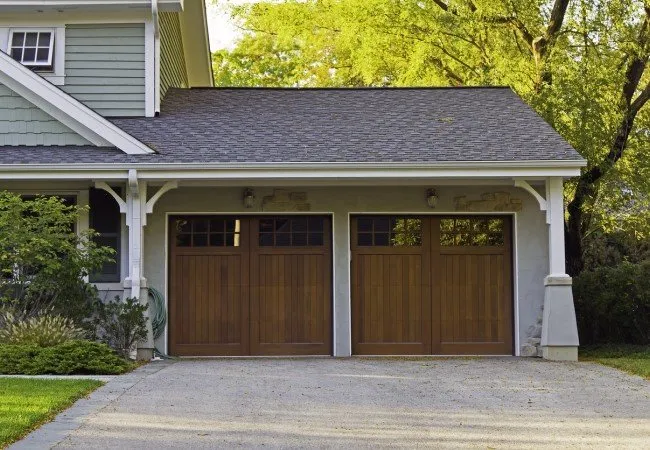The garage door is a component of your home. It provides security and protection for your vehicles and belongings and adds convenience to your daily routine. However, like any mechanical system, garage doors malfunction, leaving you frustrated and inconvenienced.
Dead batteries in the remote or keypad
The most common reason a garage door works is dead batteries in the remote or keypad. Over time, batteries lose their charge, causing the remote or keypad to stop functioning. To fix this issue, replace the batteries with fresh ones.
Broken springs
Garage door springs are responsible for counterbalancing the door’s weight it easy to open and close. If one or more springs break, the door is hefty and difficult to operate. It’s best to call a professional garage door technician, as replacing springs can be dangerous if done correctly.
Misaligned sensors
garage door repair are equipped with safety sensors that prevent them from closing if something is in its path. If these sensors are misaligned or obstructed, the door closes properly. To fix this issue, check for any objects blocking the sensors and make sure they are correctly aligned.
Worn-out rollers or hinges
The rollers and hinges that support the garage door wear out, causing the door to be stuck or difficult to open and close. If you notice any visible damage to these components, it’s best to replace them immediately.
Broken cables
The cables on a garage door are responsible for lifting and lowering the door. If one or more cables break, the door will be stuck and potentially dangerous. This requires professional assistance, as repairing or replacing cables is highly hazardous.
Lack of lubrication
Like any mechanical system, garage doors require regular lubrication to function correctly. If the door’s moving parts dry and stiff, it causes the door to make loud noises and close. Applying a garage door lubricant to the rollers, hinges, and other moving parts helps resolve this issue.
Blocked track
The garage door rollers’ track is blocked by debris or objects, preventing the door from opening or closing properly. Inspect the track for any obstructions and ensure precise, smooth operation.
Tripped circuit breaker
If your garage door opener is not receiving power, the circuit breaker may have tripped. Check your home’s electrical panel and reset the breaker if necessary.
Damaged opener
The issue may lie with the garage door opener itself. If the Opener is making strange noises, not responding to the remote or keypad, or simply not working to be repaired or replaced.
Weather-related issues
Extreme weather conditions, such as heavy rain, snow, or ice, interfere with the proper functioning of your garage door. In these situations, it’s best to exercise caution and avoid attempting to force the door open or closed, as this could cause further damage. While some of these are resolved with simple DIY solutions, garage doors must be complex systems that can be dangerous if not handled properly. If you need more clarification about your ability to diagnose or repair the issue, it’s always best to consult a professional garage door technician.

